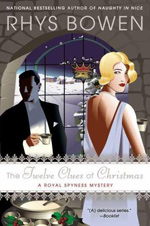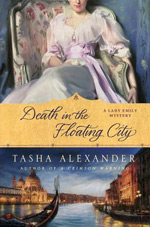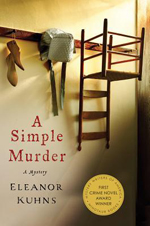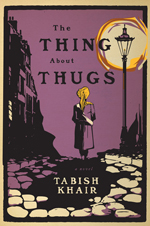Sam Thomas: The Midwife’s Tale
This fascinating little volume, set during England’s Civil War in 1644, is surprisingly zippy. I love historical novels but I have to say “zippy” is not always the applicable word. It’s unusual also in that it’s written by a man but features a female protagonist, and not just any female, but a midwife, the most female of all professions.
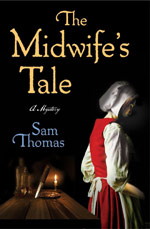 Any concerns you might have about not being very knowledgeable about Oliver Cromwell’s revolution to understand the story can be set aside – while this setting is the book’s backdrop, Thomas’ main concern is character and plot, just like any other able novelist. His central character, Bridget Hodgeson, is a wealthy and well known midwife in the city of York, a city being besieged by rebels but still in the hands of the King’s forces.
Any concerns you might have about not being very knowledgeable about Oliver Cromwell’s revolution to understand the story can be set aside – while this setting is the book’s backdrop, Thomas’ main concern is character and plot, just like any other able novelist. His central character, Bridget Hodgeson, is a wealthy and well known midwife in the city of York, a city being besieged by rebels but still in the hands of the King’s forces.
